
Review | Pianist Igor Levit outstanding in memorable all-Beethoven Hong Kong debut recital, with a ‘Waldstein’ sonata for the books
- Russian-born German’s distinct musical voice won over his audience, his performance restless, edgy and not without flaws, but ultimately persuasive
- His touch was by turns delicate and thunderous, his lyricism in slow movements beguiling, his sense of the music’s shifting moods acute
Concerts that stand out from the rest are often memorable for the unity between performer, programme and audience. The Hong Kong piano recital by Igor Levit was one such concert.
It was Levit’s distinct musical voice that ultimately won hearts in Hong Kong in an all-Beethoven evening that featured four piano sonatas chosen from the composer’s early and middle periods.
In true Levit style, his performance was marked by restlessness and edginess. He seemed to relish and thrive on it. This was no more evident than in his reading of Beethoven’s Sonata No. 17 in D minor – known as the “Tempest”.
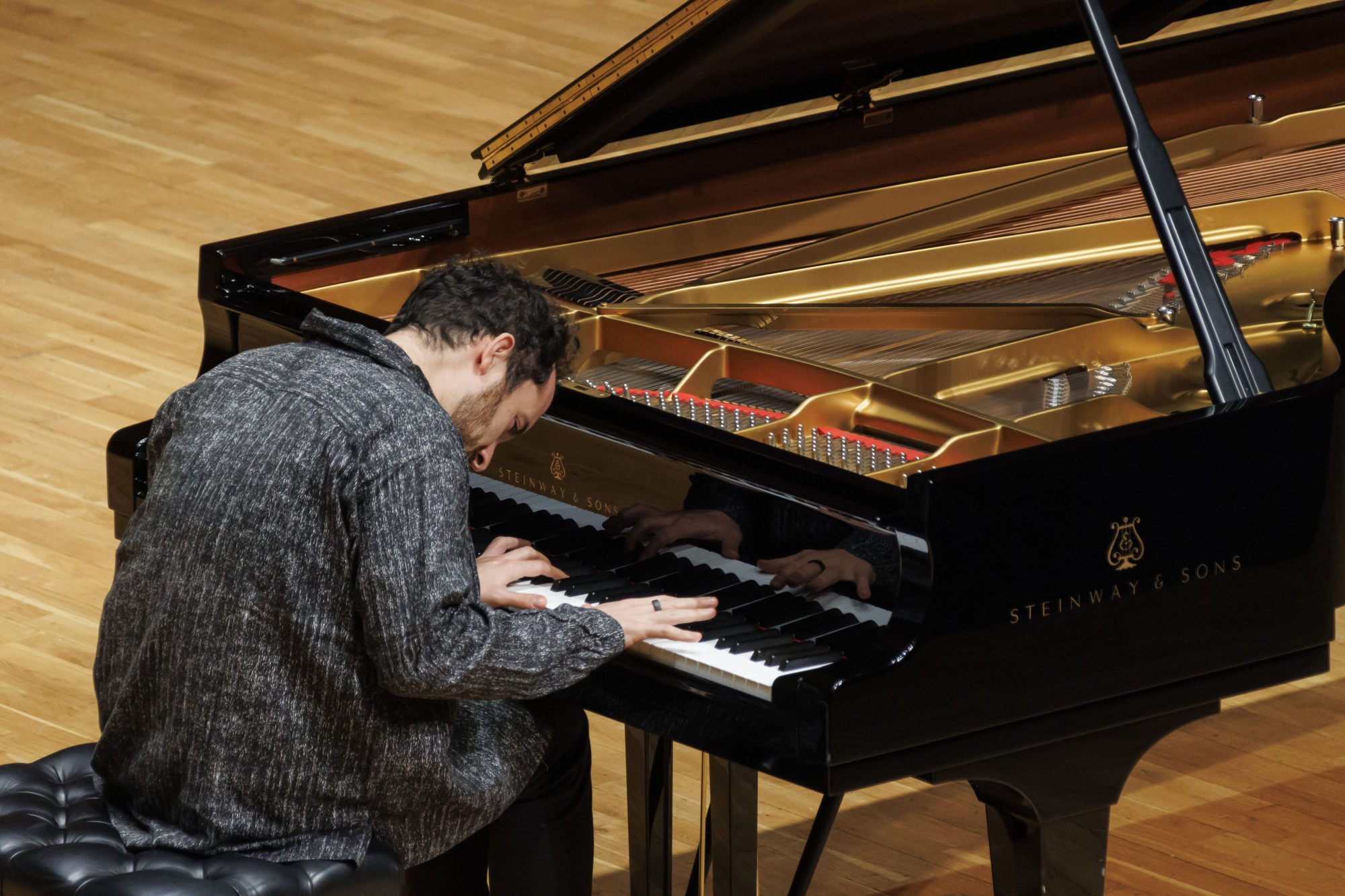
Even if the composer had precious little to do with the bulk of the nicknames given to his sonatas, the stormy and tumultuous aspects that Levit brought to the fore helped show its title is a worthy one.
By masterfully alternating between the distant spheres of peaceful tranquillity and haunting turmoil in the Largo – Allegro opening movement, Levit had listeners in his hands.
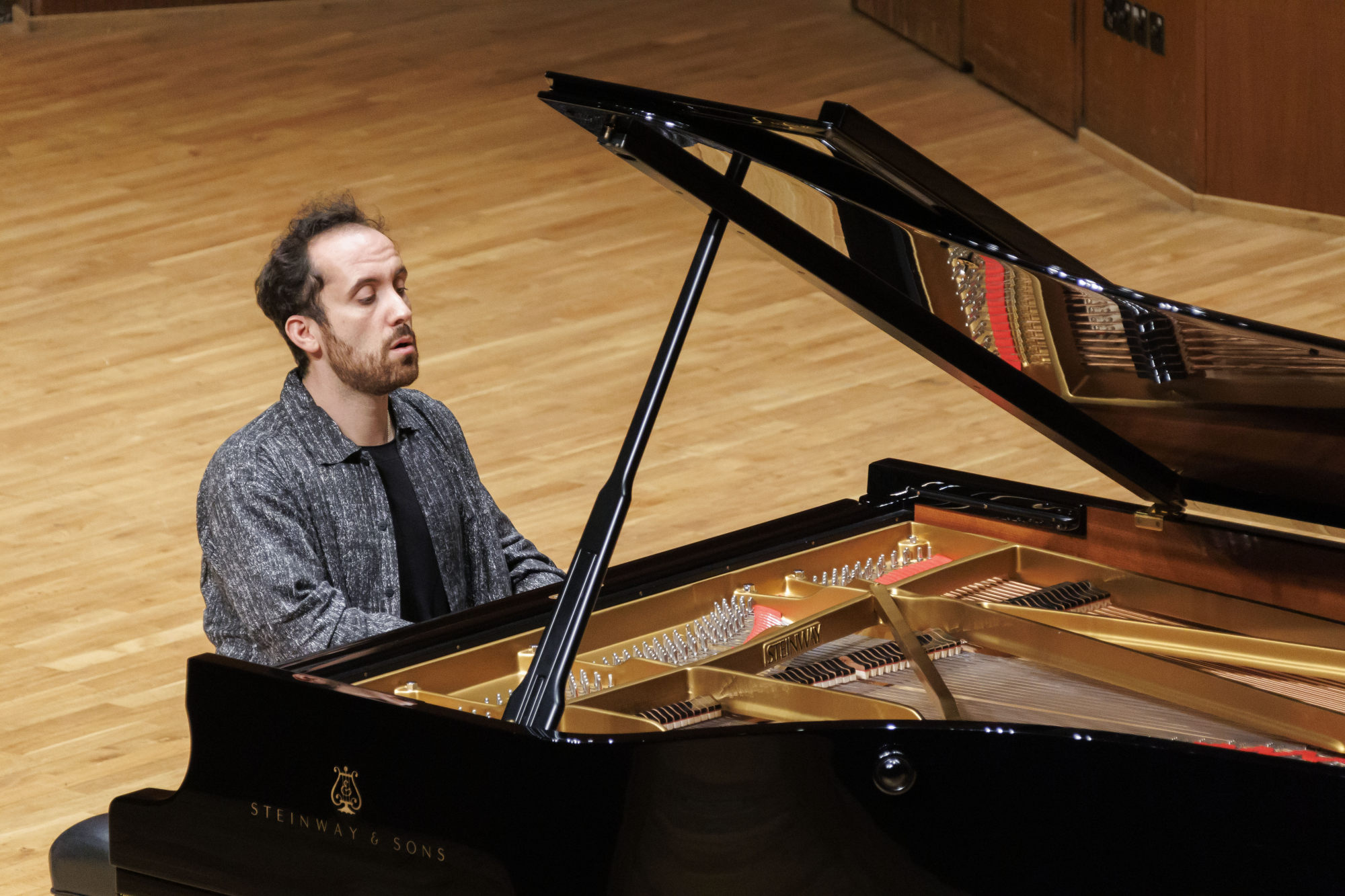
In the thoughtful Adagio Levit’s wonderful lyricism lent the slow movement (and that of the following “Pathétique” sonata) a sense of vulnerability and nostalgia, evoking fond and fleeting childhood memories which soothed like gentle balm between the stormy episodes.
And the storm that Levit whipped up was quite something; in the final Allegretto, the tension layered thoughtfully throughout reached intense climaxes, laden with super-crisp grace notes and staccatos.
However, in the Sonata No. 8 – nicknamed Pathétique for the pathos of its C minor tonality – Levit’s brisk first and last movements lacked the focused dexterity and articulation of the outer movements of the “Tempest” sonata.
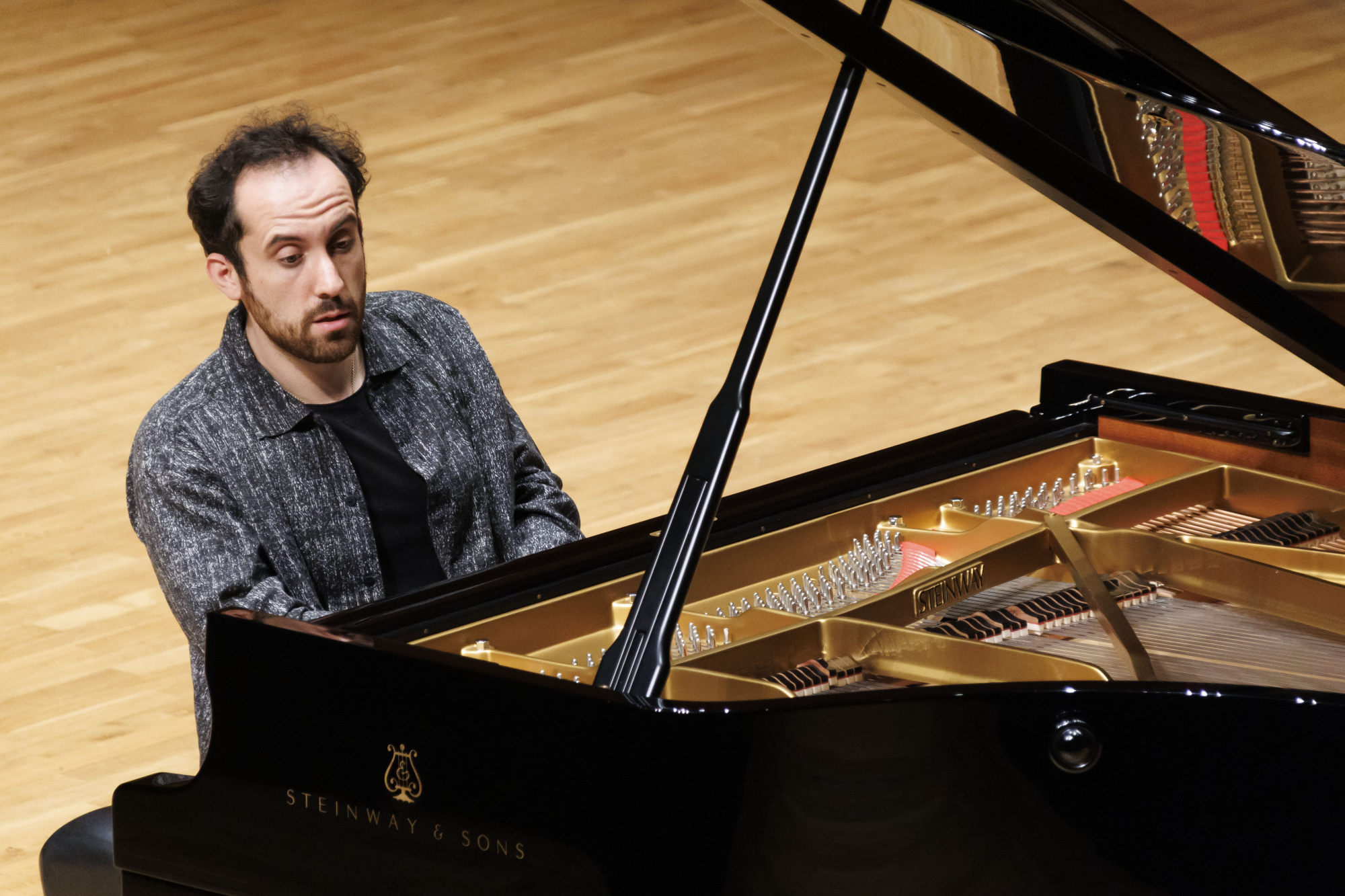
In both, the allegro passages that followed Levit’s slow introduction had tons of bustling energy and atmosphere but simply took off too quickly, and as notes began to trip over themselves, listeners may well have felt they were on a roller coaster that was on the brink of derailing.
A similar lack of clarity from Levit also marred his diction in the Rondo finale. The famous Adagio did manage to shine through, though. Who knows? Perhaps Levit was going for just that: calm on the brink of chaos, at the expense of some rhythmic stability.
In the switch from minor to major keys after the interval, turmoil and tumult also gave way to wit and humour (yes – contrary to popular belief – Beethoven did have a sense of humour).
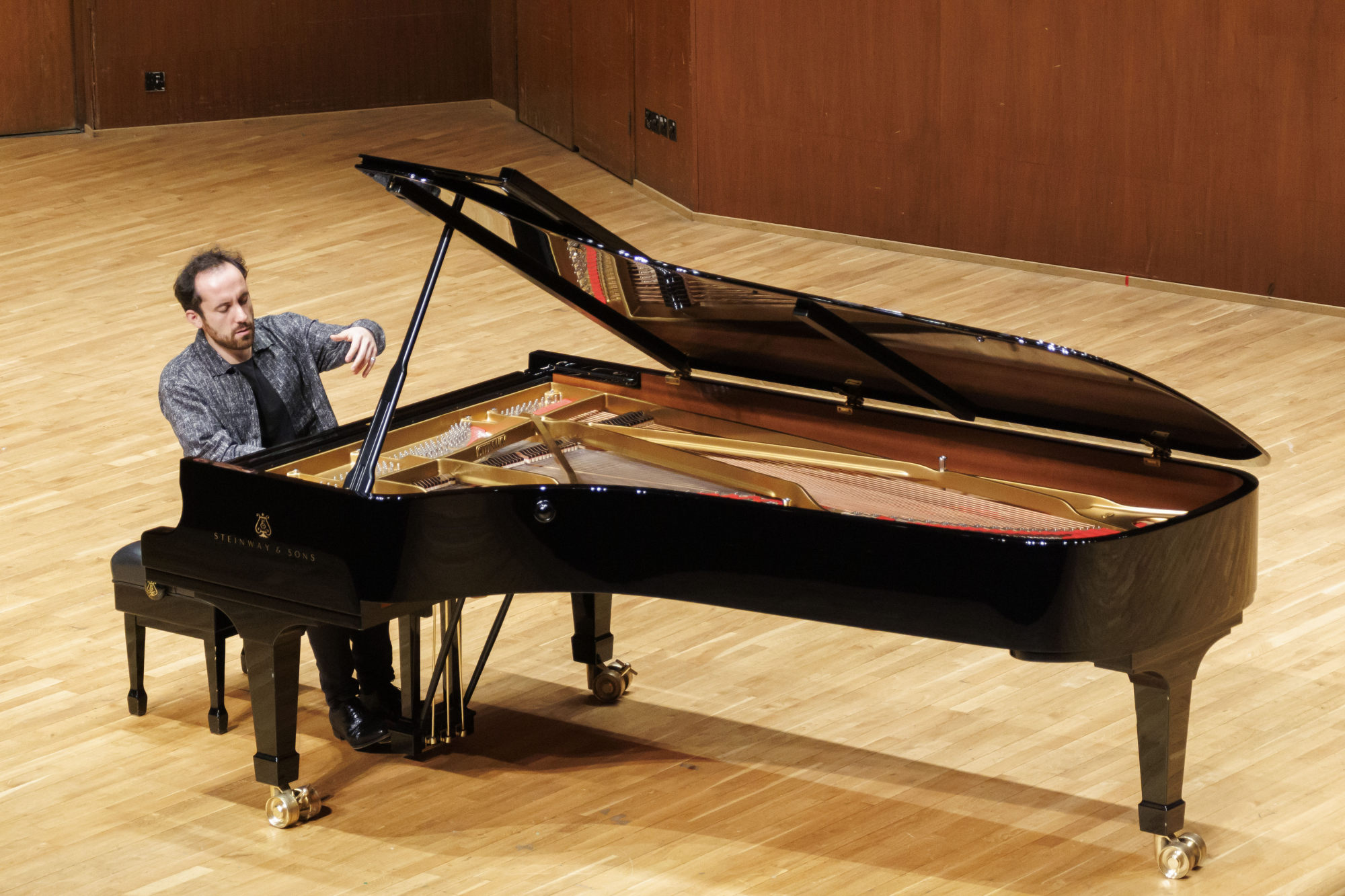
In the Sonata No. 25 in G that bears the nickname “Cuckoo” – a veritable miniature among the composer’s late middle period sonatas – Levit delighted and charmed as he toyed with the switches between major and minor key ideas in the opening Presto.
His whimsicality was equally evident in the Vivace finale (or was it prestissimo?) and his solid octave work impressed often.
Even if Levit’s signature whirlwind opening to Beethoven’s Sonata No. 21 “Waldstein” – marked Allegro con brio – was on the brink of Prestissimo assai (very, very fast), he didn’t sacrifice an ounce of technical detail here in a brilliant rendition.
His take on the slow Introduzione mesmerised listeners, the chords pillow soft and extremely hushed yet maintaining a level of anxiousness and uncertainty that was nigh unbearable.
In deft and gentle fashion Levit paved the way for a no-holds-barred, power-packed Rondo finale that thrilled with its rapid left-hand runs, sliding octaves and pedal trills that were all executed with expertise.
It was a “Waldstein” for the books and indeed a concert to remember, one in which Levit the artist showed that Beethoven the humanist is as contemporary as ever.
The jury will always be out regarding an encore’s place on the heels of such substantial musical fare, but Levit’s choice was certainly far from trivial.
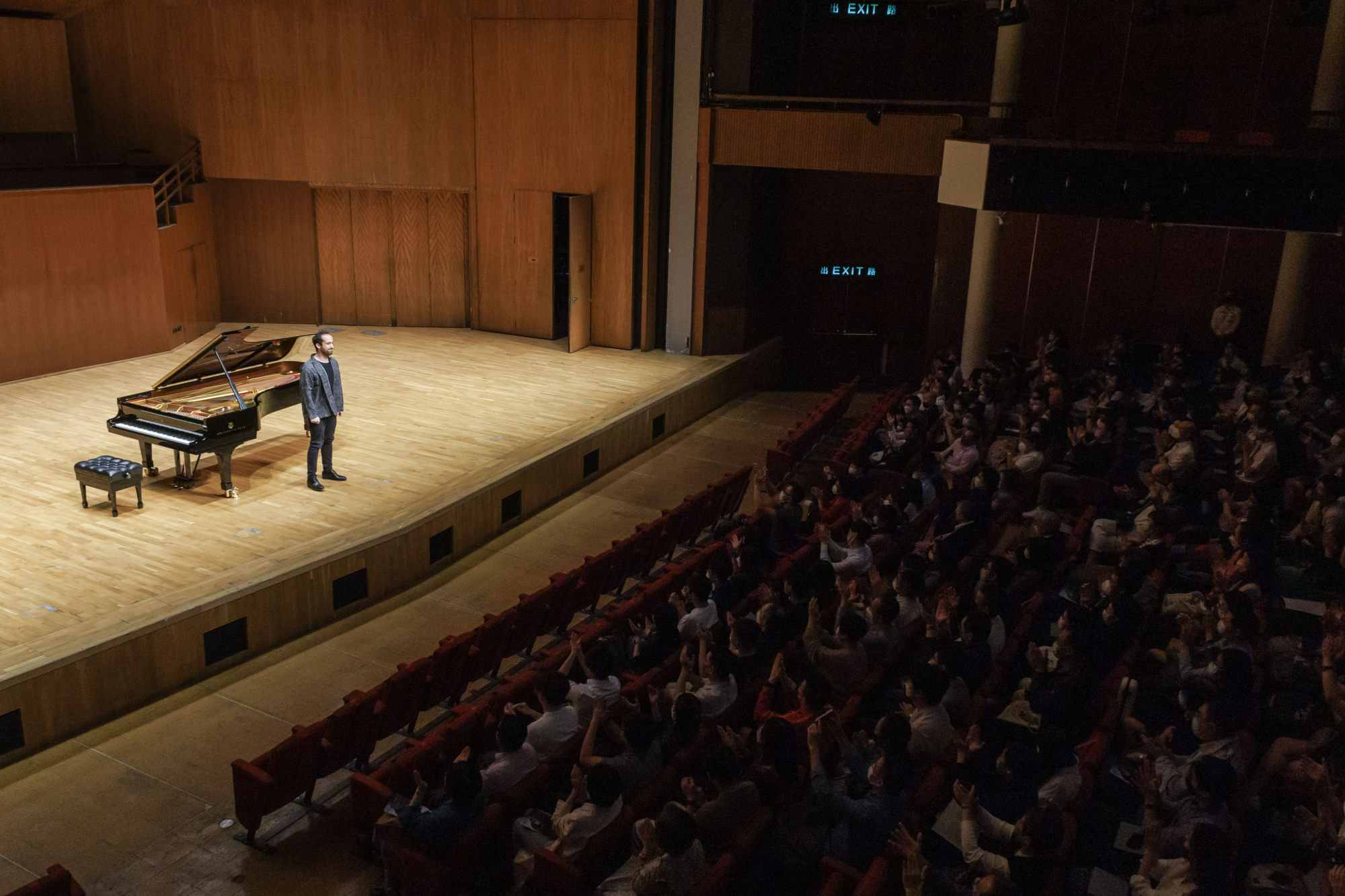
In similar vein to the spirit and hope that is omnipresent in Beethoven’s final works, the pianist’s rousing rendition of The People United Will Never Be Defeated found its place in Hong Kong, judging by the audience’s reaction.
The arrangement is part of the politically committed late American composer Frederic Rzewski’s variations on a popular Chilean protest song. Levit has said that he considers Rzewski’s composition up there with Bach’s “Goldberg” or Beethoven’s “Diabelli” variations. Perhaps we’ll see him back in the city one day with such a programme pairing.
“Encore Series: Piano Recital by Igor Levit”, Hong Kong City Hall Concert Hall. Reviewed: Nov. 21, 2022

